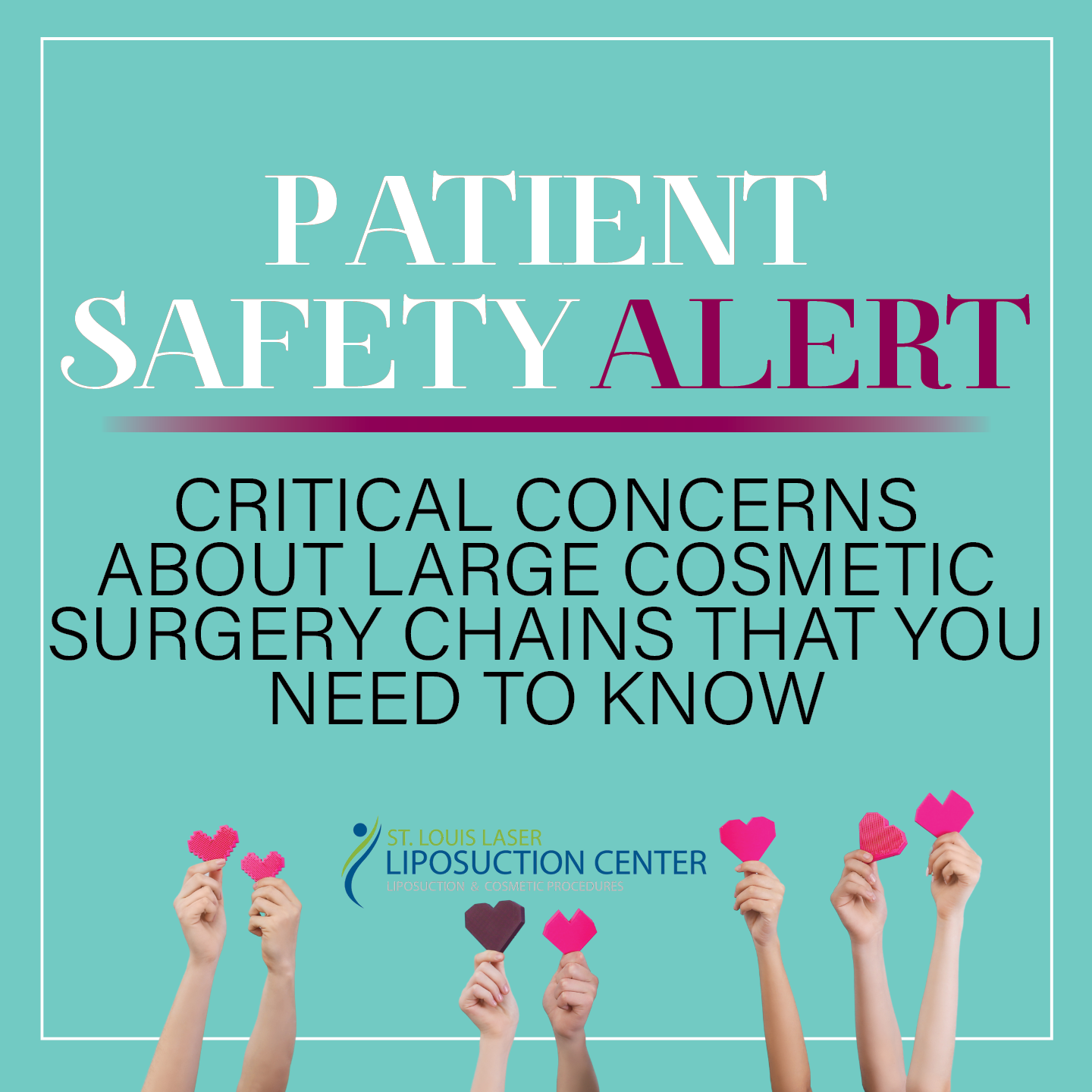While we’ve discussed the risks of medical tourism, recent investigative journalism has exposed alarming safety issues within the cosmetic surgery industry, particularly affecting large surgical chains like Sono Bello. Serious questions have emerged about patient care, surgeon training, and corporate practices that every potential patient should understand.
The Investigation’s Shocking Findings
A joint investigation revealed that cosmetic surgery chains have been the target of scores of medical malpractice and negligence lawsuits alleging disfiguring injuries, including 12 wrongful death cases filed over the past seven years. The scope of these allegations raises fundamental questions about patient safety in corporate-driven cosmetic surgery.
The Erin Schaeffer Case: A Cautionary Tale
Erin Schaeffer’s experience illustrates the potential dangers. After what she described as feeling “skinned alive” during her procedure, she developed a severe infection, requiring a week-long hospital stay. More troubling, when complications arose, her surgeon, an OB-GYN was unable to provide emergency care, telling her he couldn’t arrange hospital surgery because he wasn’t a surgeon.
This case highlights a critical safety concerns:Inadequate post-operative care protocols
High-Pressure Sales Tactics
Schaeffer reported being told she was a “perfect candidate” during her consultation and felt pressured into making an immediate financial commitment. “I definitely felt like it was a hard sell,” she said. “She didn’t want me to leave out of there without putting money down on it.”
This aggressive sales approach often includes:
- Same-day pressure to commit to surgery
- Emphasis on financing over medical suitability
- Limited consultation time with actual surgeons
- Minimal opportunity for second opinions
Questionable Surgeon Training and Qualifications
The investigation revealed concerning training practices:
Dr. Manuel Herrera, the surgeon in Schaeffer’s case, completed a Sono Bello fellowship program that teaches “aesthetic procedures” in a six- to eight-week course. Before this brief training, Herrera admitted he “had been a skilled surgeon for over 13 years with extensive experience in other areas but limited knowledge on body sculpting.”
This raises serious questions about whether brief fellowship programs can adequately prepare surgeons for complex cosmetic procedures, traditionally requiring years of specialized surgery training.
Financial Incentives That May Compromise Patient Safety
Perhaps most troubling is the revelation about payment structures:
Court records show that surgeons are sometimes paid more for taking on patients with higher body mass index (BMI), despite obesity significantly raising the risk of devastating complications. The company uses a “surgical value unit” system that provides higher compensation for higher-risk patients.
This creates a potential conflict of interest where financial incentives may override patient safety considerations.
The Corporate Scale and Private Equity Influence
Sono Bello, backed by $816 million in private equity financing, operates more than 100 centers nationwide and targets “everyday” consumers with extensive advertising. The company has handled more than 60 medical malpractice cases, including four involving patient deaths, since 2013.
This corporate structure prioritizes rapid growth and profitability, potentially at the expense of patient safety and quality care.
Many chains require patients to sign arbitration agreements that prevent them from pursuing cases in court. In one tragic case, the family of Angela Mendez, who died from complications after liposuction, had their wrongful death lawsuit dismissed because she had signed an arbitration clause.
These legal barriers make it difficult for patients to seek justice and hide the true extent of complications from public view.
High-Risk Patient Populations
The investigation found that chains often accept patients whom traditional surgeons might consider poor candidates:
Sono Bello patients have an average BMI of 31 (considered obese), and the company performs procedures on patients with BMIs as high as 42. Multiple patients with high BMIs suffered severe complications, including sepsis and life-threatening infections.
Critical Warning Signs to Recognize
Based on these investigations, patients should be extremely cautious if they encounter:
Immediate Red Flags:
- Being told you’re a “perfect candidate” during a sales consultation
- High-pressure tactics to sign contracts the same day
- Minimal consultation time with the actual surgeon
- Emphasis on financing over medical assessment
- Arbitration clauses that eliminate your right to sue
Training and Qualification Concerns:
- Facilities that cannot provide emergency surgical care
- Staff dismissing post-operative complications
Questions That Could Save Your Life
Before considering any cosmetic procedure, demand answers to these critical questions:
- How many hours of specific training has the surgeon received in this procedure?
- What is the surgeon’s personal complication rate for this procedure?
- Who will provide care if complications arise after hours or on weekends?
- Can you speak with recent patients who had complications, not just success stories?
The Path Forward: Protecting Yourself
Demand Time to Decide: Any surgeon pressuring you to decide immediately is prioritizing sales over your safety.
Research Thoroughly: Look beyond marketing materials to find actual outcome data and complication rates.
Understand Legal Protections: Avoid signing arbitration agreements that eliminate your right to legal recourse.
Consider Non-Surgical Alternatives: Many body contouring goals can be achieved through non-invasive methods with significantly lower risk.
As Erin Schaeffer learned through her traumatic experience: “I trusted. I believed in what they told me, which I think most people do. Not anymore.”
Her story serves as a crucial reminder that when it comes to elective surgery, the cheapest or most convenient option may carry devastating long-term consequences.
Take Care of Yourself
The cosmetic surgery industry’s rapid growth has outpaced safety oversight, creating an environment where corporate profits often take precedence over patient welfare. While many legitimate, qualified surgeons provide excellent care, the emergence of high-volume chains with questionable practices demands that patients exercise extreme caution.
Your life and health are irreplaceable. Before considering any cosmetic procedure, invest the time to find a truly qualified surgeon who prioritizes your safety over their profit margins. The few extra weeks of research could literally save your life.

